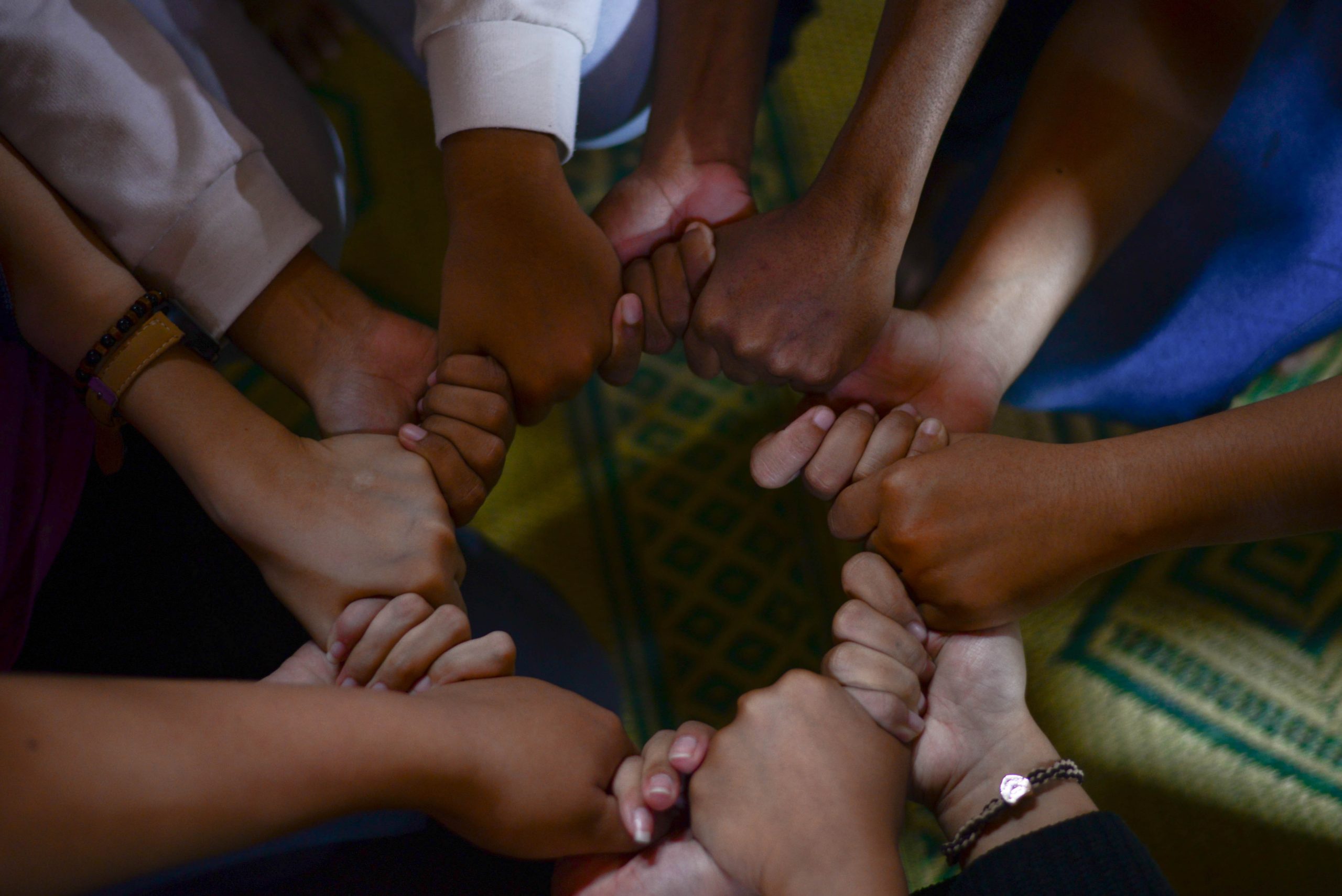
The inequality gap in the world (exacerbated by the pandemic) is widening, as the wealthy continue to amass massive wealth. Philanthropy, while playing its part, has been unable to narrow this gap. It's time philanthropists revisit their grantmaking approach to give unrestricted grants quickly and in a manner that enables trust and collaboration with the changemakers.
The inequality gap in the world is rising. In the year of the pandemic, while the world was reeling under uncertainty, failing health infrastructure, increased economic fragility to shocks and unfathomable grief from the loss of loved ones, the wealthy (richest 1% of US households) amassed more than US$4 trillion and the richest became 20% richer. And even though the pandemic drove the scale and speed of giving by philanthropists to reach $471 billion (in the US), poverty levels increased for the first time in decades. Despite the visible efforts from the public sector, civil society, and philanthropy, we are unable to close or even narrow down the inequality gap.
A recent study suggests that an ambitious but feasible set of integrated SDG-aligned investments has the potential to exceed the world’s development trajectory from before the pandemic. To enable this, a collective and concerted effort is required by all actors of the society, and especially philanthropy – since they have a moral responsibility to give back to the social structures that enabled them to amass the enormous wealth.
Philanthropists are currently giving only a tiny fraction of their wealth and it’s not enough. Despite more than 200 individuals having signed the Giving Pledge, with no accountability structure in place, the pace of giving is extremely slow. Additionally, there is a staggering $140 billion lying unutilized in Donor Advised Funds (DAFs). The world can use this money right now and there is no real reason why we are wasting such critical resources.
In addition to increasing the funding to the sector, philanthropists must revisit the grantmaking approach. Much has been said and written about the colonial and archaic ways of grantmaking. Traditionally philanthropists have followed the ‘look at me’ approach. The stories and news have always been about who the funder is, what’s the motivation behind giving and so forth. Ultimately, the focus must be on the tireless efforts of changemakers who work on-ground to put the philanthropists’ money to the most efficient and effective use to create impact. It’s time for philanthropy to stand in solidarity with the social sector and break free from this old model of giving to make way for quick and grassroots grantmaking, and in a manner that fosters trust and collaboration with the changemakers.
Philanthropists must focus on four key elements for effective grantmaking:
Emphasize redistribution of power: There has always been considerable power dynamics in a funder-grantee relationship. Sustained impact calls for people at the forefront of inequities to be trusted and empowered.
Act with urgency: Philanthropists need to trust and believe in people who do the job and act with urgency. They must enable changemakers by giving quickly and with no strings attached (unrestricted grants).
Focus on grassroots giving: Philanthropists must move away from their intellectual echo chamber and give to local and grassroots organizations.
Build ecosystems: Collaboration is the key to the future. Not one person or entity can solve the complex and interconnected social challenges that the world currently faces. Philanthropists must see themselves as a part of this collective and work towards strengthening the ecosystem of trust, mutual learning, and dialogue.
Change in philanthropy is possible – the time is now to see which philanthropists take the lead in showing the way forward.


Anamika is a Strategist-in-Residence with Globesight with more than 5 years of experience in the development sector. She has worked extensively with private foundations across engagements such as strategic plans, scaling and investment strategies, and collaborative business models.